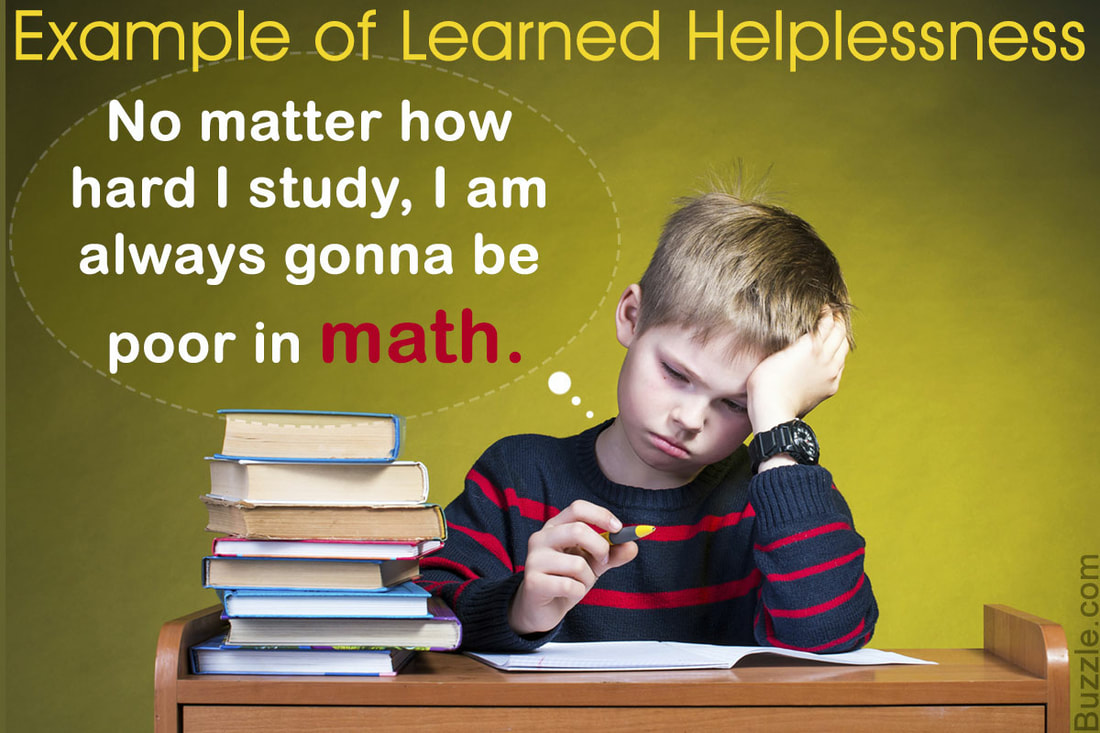|
As defined in a recently published article on the subject, school-related helplessness is a “pattern of emotional, motivational, and cognitive deficits” that can both stem from and reinforce poor academic performance.
More precisely, “helplessness can be conceptualized as a psychological state of resignation after experiencing negative, uncontrollable events. It is characterized by a loss of motivation, the belief that one has no means to produce the desired positive outcome in the future, and depressed affect.” Importantly, not all struggling students develop school-related helplessness. The reason, the authors explain, lies in part in their “attributional style”, i.e., the way they explain their difficullties. Those who see their poor grades as the result of internal, uncontrollable and stable factors, such as native ability, are the ones at risk. And it could be that their teachers play a role in such attributions, notably because of an “entity” theory envisioning intelligence as a natural and fixed characteristic. As the researchers put it: “teachers’ beliefs about the causes of students’ low achievement are important sources of attributional information for students.” To test this hypothesis, the team surveyed 2117 German ninth-graders, as well as 118 of their math and 119 of their German teachers. The students’ level of helplessness was measured for each of the two subjects using a well-established instrument asking for a degree of agreement with such statements as “It does not matter whether I work hard in this subject or not, my grades do not get any better.” As for the teachers’ beliefs, they were assessed on a similar self-report scale, this time on the importance of aptitude in achievement. Based on their grades the previous year, the researchers found a relation between students’ poor performance and helplessness that was amplified by their mathematics (but not by ther German) teacher’s aptitude beliefs. One possible explanation, could be that teachers but even more so students have stronger aptitude beliefs in math, i.e., tend to believe that success is especially dependent upon a natural ability in mathematics. As a consequence, it seems particularly important for educators to promote a growth mindset in this subject. Reference: Heyder and Brunner (2019), “Teachers’ aptitude beliefs as a predictor of helplessness in low-achieving students: Commonalities and differences between academic domains”, Learning and Individual Differences, 62, pp. 118-127.
0 Comments
Your comment will be posted after it is approved.
Leave a Reply. |
|
Proudly powered by Weebly

